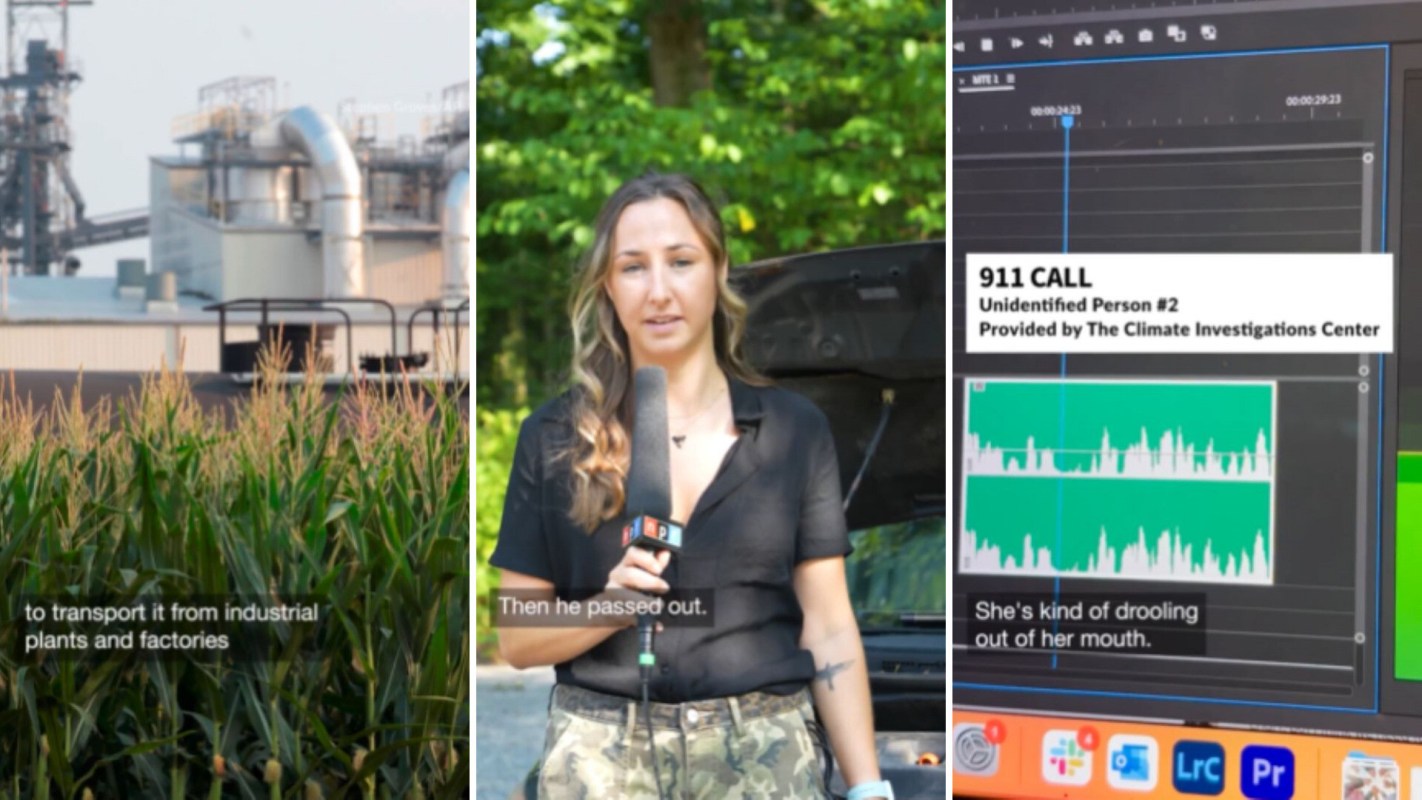Energy industry insiders tout carbon dioxide pipelines as a way to suck up leftover pollution from ethanol plants, manufacturing centers, and power plants and store it deep in the ground — but this solution is not without imminent risk to human safety.
What's the danger?
There have been recent instances of carbon dioxide pipelines exploding and causing health impacts to nearby communities.
An explosion near Satartia, Mississippi, in 2020 sent 45 individuals to the hospital. It forced an evacuation of nearly 200 residents.
"It looked like you were going through the zombie apocalypse," Jack Willingham, emergency director for Yazoo County and a first responder to the incident, told NPR.
Because carbon dioxide is odorless and displaces oxygen, there is no way to tell when there is too much in the air for a space to be safe. This is why so many people are being found unconscious in closed areas, such as cars, near the pipeline explosions.
Deemmeris Debra'e Burns, who was found incapacitated in his car from the gas, still suffers from neurological issues nearly three years later.
Why is this danger growing?
The United States has 5,300 miles of carbon dioxide pipelines, and that is expected to grow to 65,000 miles within the next few decades.
These plans for expansion are causing activists to call the safety of these pipelines into play — as well as what the trade-off is in trying to reduce emissions.
The explosions are a matter of equity, too.
Many regions where the explosions and subsequent gas leaks are happening are not economically prepared to deal with the damage. Rural counties often do not have the financial capacity or resources to handle significant leaks.
Leaks and explosions may require bringing in hazmat teams and providing expensive equipment and ventilators to affected people.
What's being done to address these concerns?
The federal government has not set any "safe zones" around the pipelines nor requires odorants to be added to the gas so people could be more aware of potential leaks, per NPR.
The U.S. Department of Transportation's Pipeline and Hazardous Materials Safety Administration is, however, seeking $4 million in fines from the owner of the burst Mississippi pipeline, Denbury Gulf Coast Pipelines.
With more pipelines being built, there is a stronger push to hold the construction companies accountable for damages. In the case of the 2020 Mississippi leak, the government found that the company had violated existing safety rules.
But as dirty energy companies continue to value their profits over people's health, ensuring that there are strong safeguards is critical to protecting the rural communities near these pipelines.
Join our free newsletter for cool news and actionable info that makes it easy to help yourself while helping the planet.









